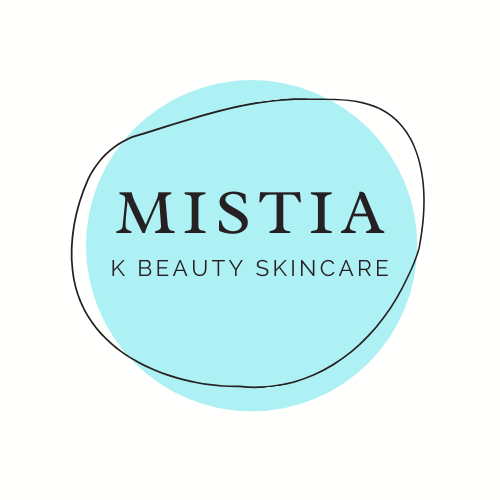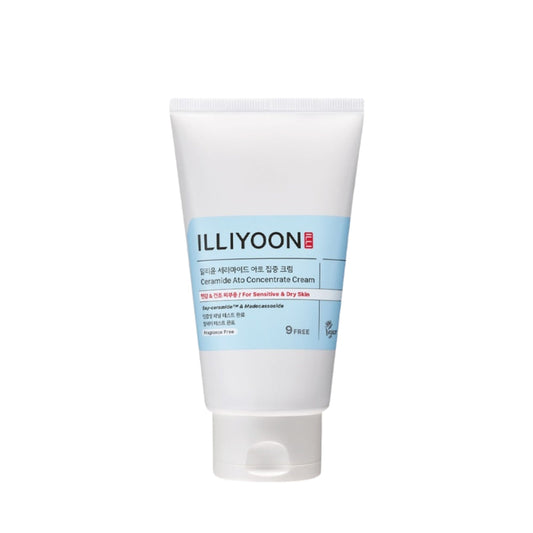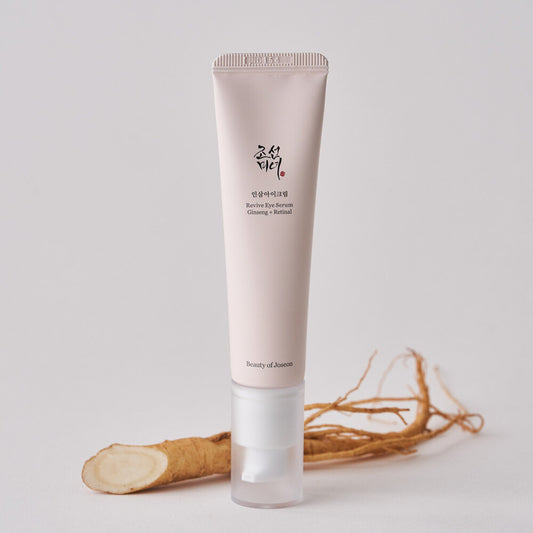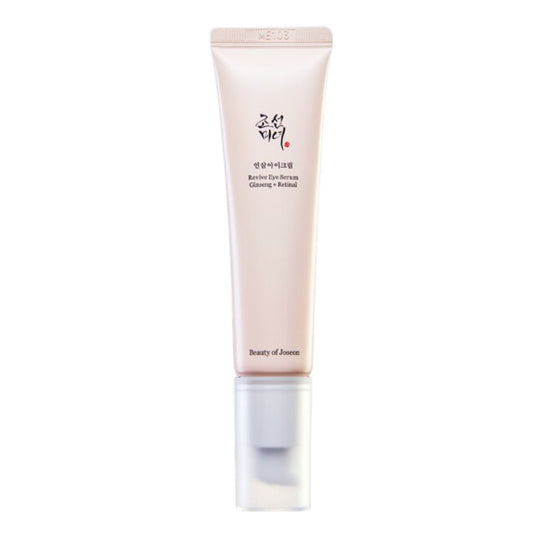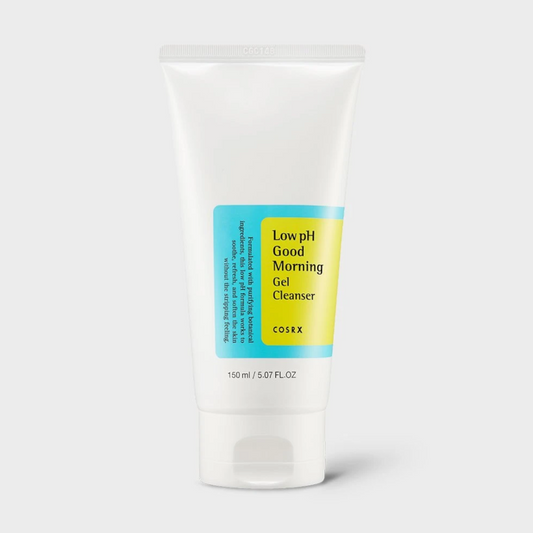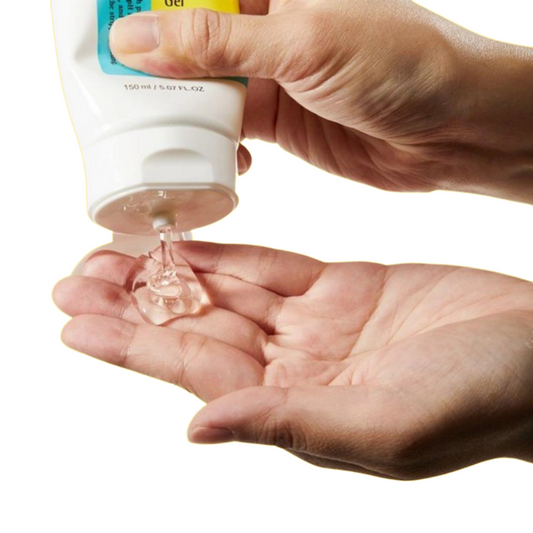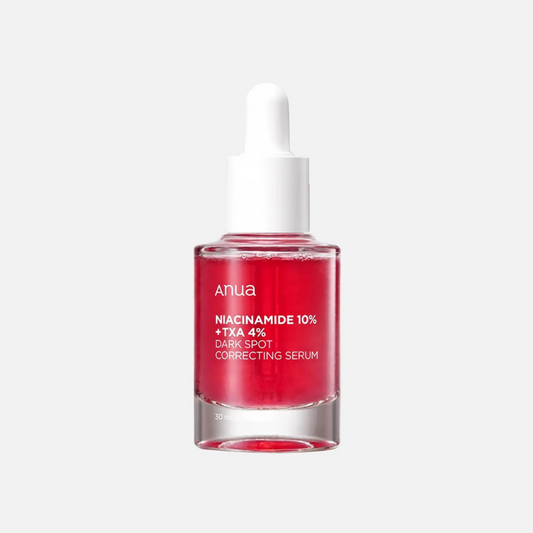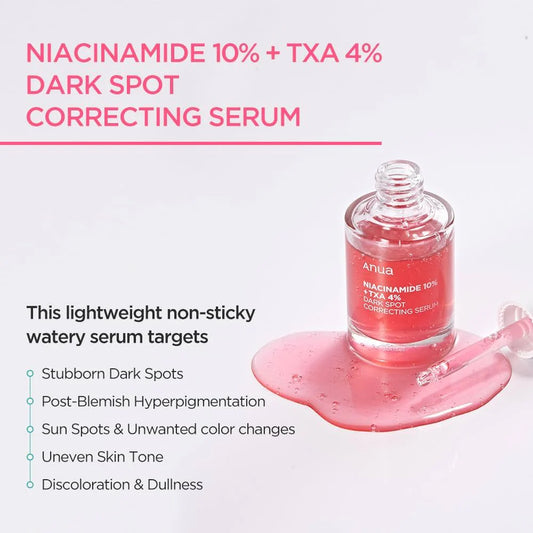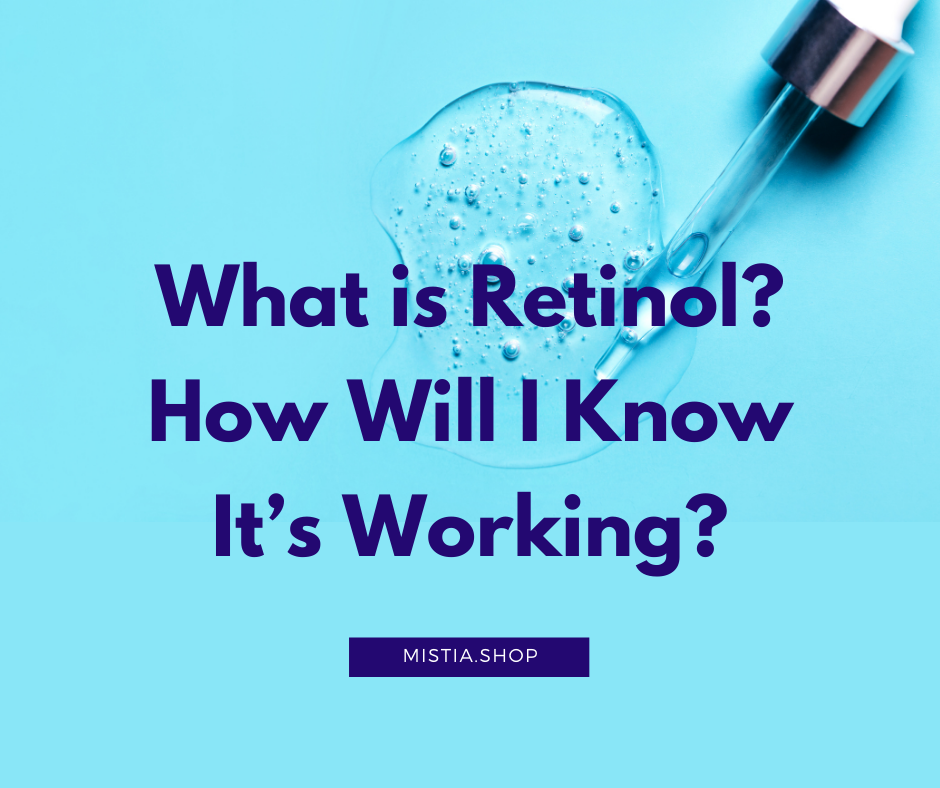
What is Retinol? How Will I Know It’s Working?
Share
Retinol is one of the biggest buzz words in the world of skincare right now. Skincare experts and influencers alike are boosting its popularity, as retinoids (a retinol is a type of retinoid) have the ability to improve skin texture, pigmentation, and the tone of your skin. This product is a derivative of vitamin A, and because it often comes in concentrated forms, it’s important that you build a tolerance to the product before applying it liberally.
Because everyone’s skin is different, the best thing you can do is arm yourself with information about retinol so that you can take advantage of this skincare gem.
What is Retinol?
Retinol is a type of retinoid. It’s the second weakest type of retinoid, with reinoic acid (of which Retin-A and Tretinoin are formulas) being the strongest retinoid, followed by retinaldehyde, retinol, and retinol esters. While all of these do the same thing biologically, reinoic acid is only available by prescription.
Retinoids help increase cell turnover, while also stimulating collagen and elastin production, yielding younger, more supple skin that looks firmer. It does this by affecting gene expression, making it an incredibly powerful product. The strongest retinoid available, reinoic acid, is used to battle cystic acne and blemishes as prescribed by doctors.
Evidently, retinoids serve many purposes and can give you more beautiful skin—but they’re not necessarily for everyone.
Why Might I Avoid Retinoids?
Because retinoids are such a powerful product, it may affect those with persistent skin sensitivity or issues, such as rosacea, eczema, and psoriasis. For these individuals, retinoids may increase dryness, inflammation, and sensitivity.
Though these side effects may affect those who don’t have skin sensitivities, they usually only last a few weeks; your skin may take a bit of time to acclimate to the new product. With that said, there are a number of products on the market now that help your skin better adjust, overcoming some of those sensitivities.
Those who have more sensitive skin have found better success using a retinol that’s between 0.1 and 0.2% strength. Over time, those with sensitive skin can build up a tolerance and reach 1%. The delivery method also helps; encapsulated, drone, or time-release technology help to buffer the retinol, slowly releasing the ingredient into your skin over time.
When it comes down to it, retinol might not for everyone, but there is a good chance that it could work for you so long as you are patient with finding the right balance of potency and delivery method.
How Will I Know It’s Working?
The obvious answer is, you’ll know it’s working when your skin looks and feels better. Retinol will improve the texture, tone, hydration levels, hyperpigmentation, and even breakouts. But it will not work overnight.
Though many retinol products may promise results in a matter of weeks, it actually takes an average of 12 weeks to produce noticeable changes in your skin. If you don’t keep with it, it’ll be hard to know whether or not retinol is working on you. Experts have noted that retinol can improve your skin for up to a year before its efficacy plateaus. When that time comes, it may mean that you’re ready for a stronger dosage.
Evidently, there are a lot of factors to consider when it comes to picking the ideal retinol for you. While many skincare experts recommend that we should start using retinol in our 20s, it’s never too late to start!
